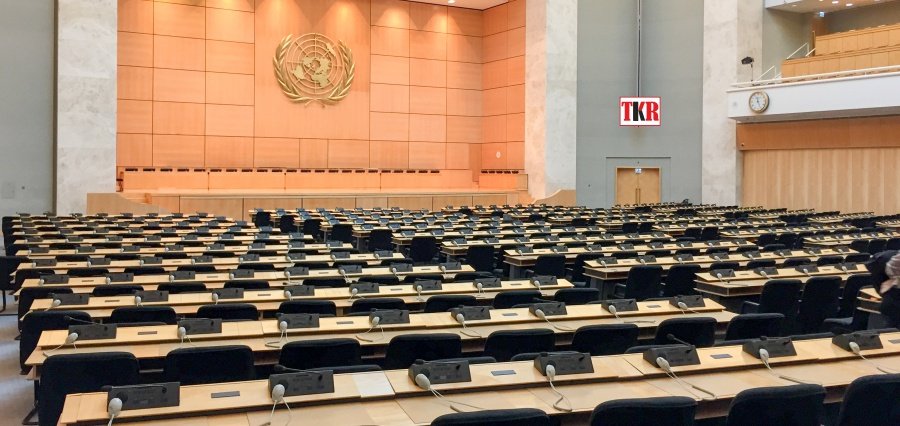The United Nations General Assembly has made a giant leap towards the promotion of education as a basic human right by adopting the resolution “Literacy for Life: Shaping Future Agenda” (A/C.3/79/L.11). This resolution is based on the recent Secretary-General’s report titled Literacy for Empowerment and Transformation, which emphasizes the critical importance of literacy as a cornerstone for lifelong learning, human rights, and sustainable development.
During the deliberations on this biennial resolution, Member States recognized that much remains to be done in achieving the SDG 4.6 set literacy targets. Despite progress, delegates highlighted that significant gaps persist in youth and adult literacy. The international community underlined the need for better access to quality education and urged further investments in inclusive and equitable learning opportunities.
The resolution encourages lifelong learning approach. It fosters the transmission of knowledge and skills from one generation to the next while ensuring that efforts are not kept within early childhood, but carried out throughout life. This process has increasingly come to be perceived as integral to one’s ability to adapt to an ever-changing world.
A landmark for the cause of world literacy, this resolution is sponsored by a record number of 125 Member States, and is spearheaded by Mongolia. It is adopted by acclamation; resolution A/C.3/79/L.11 puts forth an ambitious view on inclusive education with its critical emphasis on digital literacy in its development prospect. It also draws attention to the transformative role of teachers in shaping literate societies and calls for concerted efforts by governments and international development partners to bridge literacy gaps, especially in times of crisis.
It, in fact asks UNESCO to enhance its catalytic role via Global Alliance for Literacy and maintains leadership in promotion of the Education 2030 Agenda. It embodies a fresh commitment of international community as to literacy; it may have become a common right after removing geographical and social boundaries of the underprivileged world as well as economic disparity between different levels of underdevelopment.
This milestone highlights the increased global recognition of literacy as a basis for sustainable development. It also reflects the growing willingness of donor countries to engage in crucial discussions on financing education, particularly through the upcoming Financing for Development (FFD4) process. The adoption of this resolution affirms commitment to making literacy a key driver for positive global transformation.









